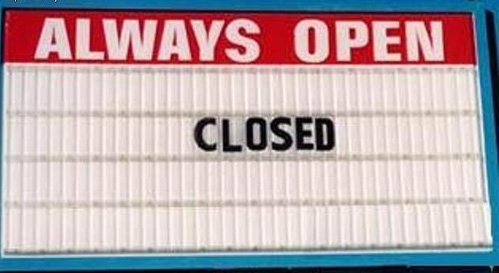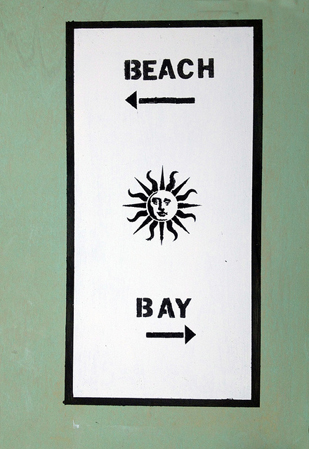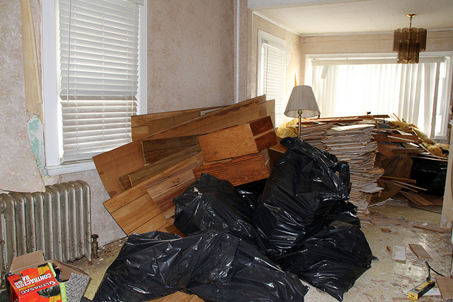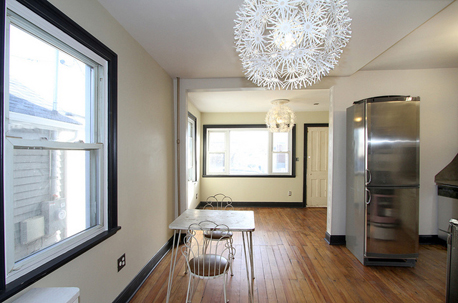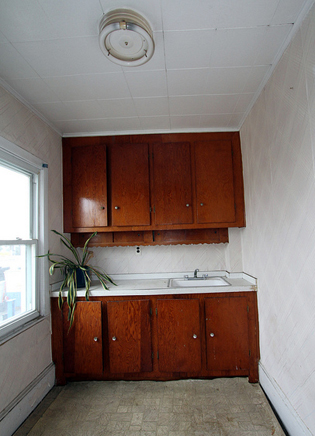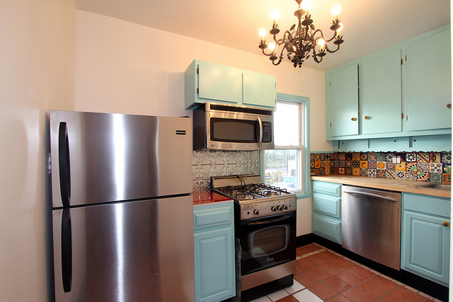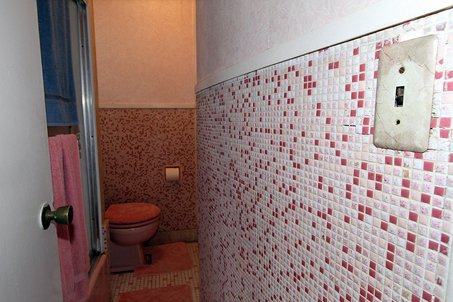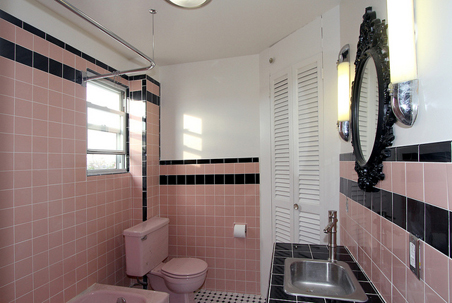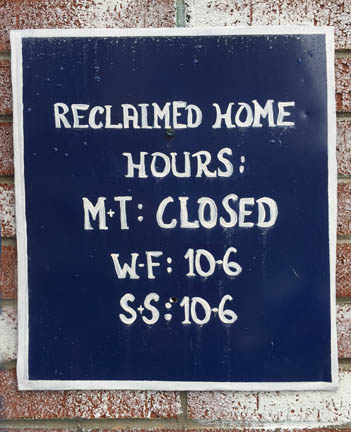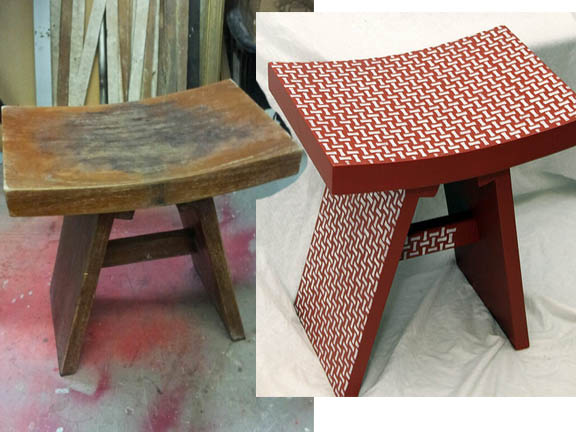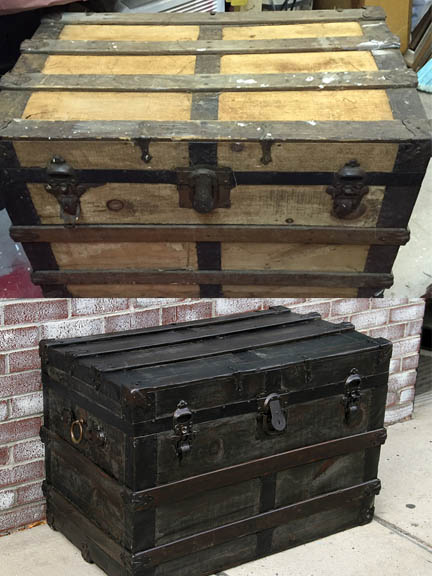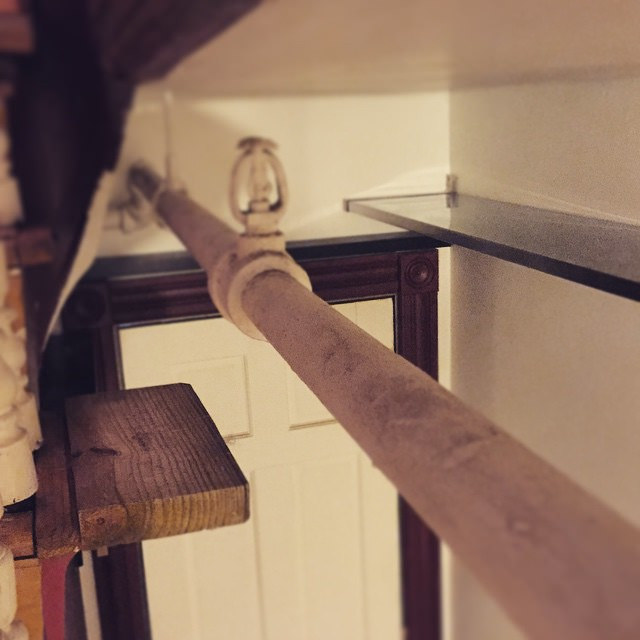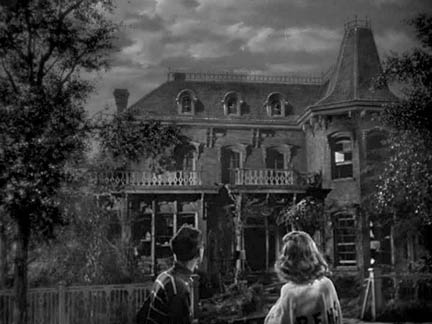
I’ve covered Home Buying 101 before here, but it’s a spiel that never gets old. There’s always someone somewhere buying their first home without an agent who is in need of answers to some very important questions. The subject has come up for me once again since I put the Rockaway house on the market For Sale by Owner.
For Sale by Owner means that the house is not listed by a broker (even though, in my case, I do have a real estate license). A prospective buyer is free to use a buyer’s agent and in most cases, the commission comes from the seller if they are agreeable to working with a broker (ask in advance!). Sounds great for the buyer, right? You’re getting representation at the seller’s expense. The problem is that the commission leaves less room for negotiation on the asking price, so at the end of the day, the buyer may be the one paying that fee after all. This may be more of a problem with FSBO’s who are going that route instead of through an agency because they can’t really afford the fee in a slow market. The MLS system does exist in NYC but once you look outside of those homes, a buyer’s agent may get the cold shoulder.
So, if you find a house on your own and don’t have an agent to guide you, what are the steps you need to take?
1. First and foremost are the financials. Talk to a bank or mortgage broker to see what you can afford. Then look within that price range. Don’t look at homes that are $100k over your budget expecting them to come down in price. Do what you can afford.
2. Consider all factors. Is the neighborhood improving? Does the house have rental income that will help pay your mortgage? Are interest rates about to go up? (Yes, hurry!). What are the taxes like? For instance, homes are way less expensive in NJ or Upstate but taxes are nuts and the commute costs more. Are you really getting a bargain?
3. Flip, renovations and as-is. Well, if you’re a reader of this blog, you know I lean heavily towards as-is. But that’s me. I like working on houses and I’ve done it enough times to know what’s in store. With renovated homes or flips, you don’t know what’s being covered up. If you know the specific developer of a place that’s holds your interest, please do yourself a favor and Google them for complaints and reviews.
4. Ok, so you’ve looked at a few houses and there’s one that you want. You are able to present your proof of mortgage or cash along with your offer. Otherwise, the seller should not take you seriously. (You hear that, first time sellers?) It’s 2015. You may make the offer via phone, text or email. There might be a game of ping pong back and forth until you and the seller agree on a price. Sadly, there might be a few other offers and you may have to come back to present “best and final” offer. It’s not always the person with the highest offer who wins the game. Cash trumps mortgage. A higher down payment may look better. A faster closing. Or maybe a delayed closing. It’s really up to the seller.
5. They’ve accepted your offer! Ok, so here’s where I tell you that I have a friend who has spent thousands on various home inspections because she got accepted offers on places that weren’t right for her. That’s WITH an agent! One place needed more work than she thought. One place was listed even though the owner wasn’t really prepared to sell. Oh gosh, there’s more. So many that I forgot, but I’m pleased to announce that she is in contract now! Anyway, this is my way of telling you don’t spend the money on the inspection until you KNOW you want the place. But if you are sure…hurry up and get the inspection!
6. Oops, maybe this next one should’ve been step 4. The attorney! Make sure it’s someone who does real estate. Not a divorce lawyer or an ambulance chaser or an entertainment lawyer. Someone who knows the game. They will come into play after the inspection when it’s time to go into contract, but you want to know you have them on your team beforehand. Don’t go searching the yellow pages for a lawyer once you walk out of inspection.
7. It’s not really the attorney’s job to do pre-contract negotiations. It’s their job to make sure everything is carried out as agreed upon. However, if you don’t have an agent and think you suck at negotiating and wish to be represented, by all means, you can pay your attorney to do this for you. The inspection is very important. Read it carefully. Ask questions. The seller should be agreeable to fix certain items as long as the price agreed upon wasn’t as-is condition. And by certain, I don’t mean everything. Stick to hazardous conditions and important issues. Don’t make a fuss if there’s a cracked switch plate.
8. Have your down payment ready because you’re gonna need it once you sign contracts. This is your last chance to pull out without repercussions. Make sure you want that house before you sign!
9. Now it’s up the lawyers and the banks. You’re still not home free with the mortgage until you get the commitment letter. The bank needs to do an appraisal and FYI, it doesn’t always work out as planned. That may or may not be a reason to negotiate again or walk away or just come up with the extra down payment if the bank isn’t going for it. It happens. Then there’s a title search. It’s all about the pins and needles for about 2-3 months. Just do your part and supply everything that’s asked of you from your lawyer and bank.
10. The day before closing you’ll have to get your insurance and utilities lined up (start working on that beforehand!) and have your checks ready.
11. Keys at closing. The house is yours. And then the fun begins…..

